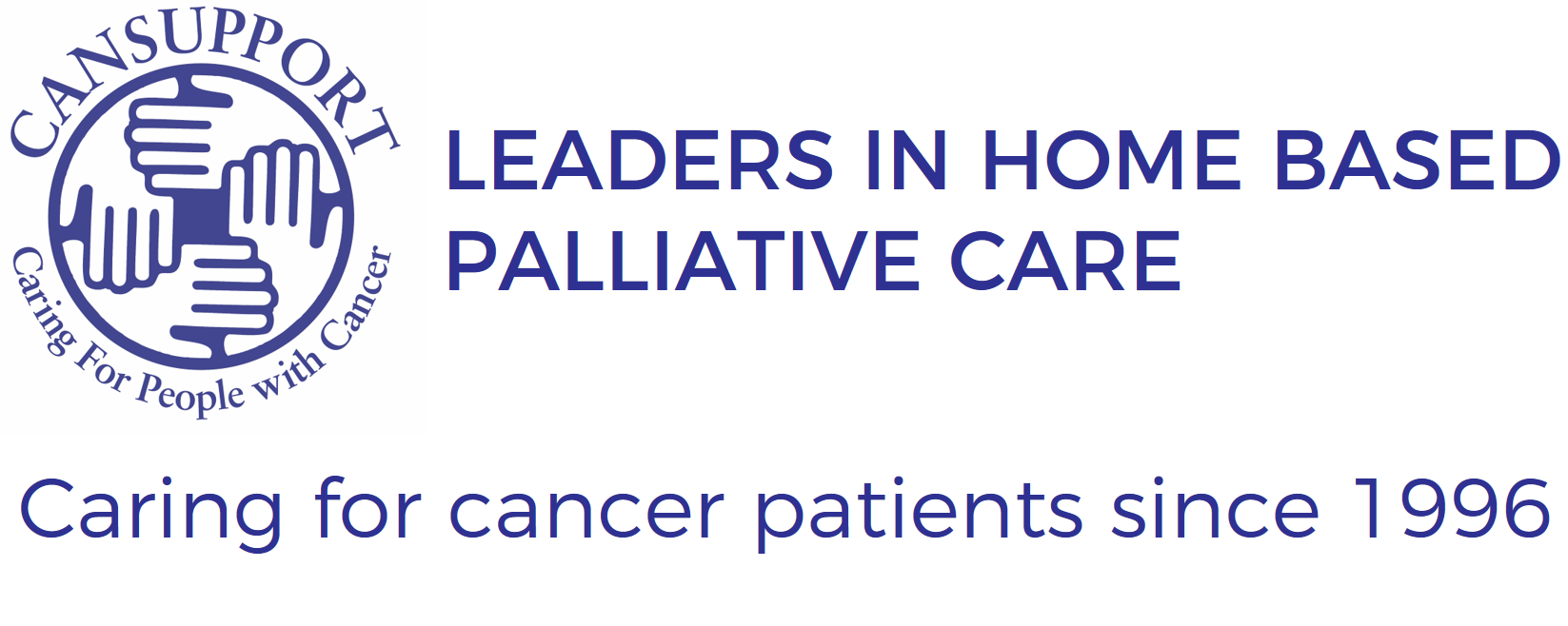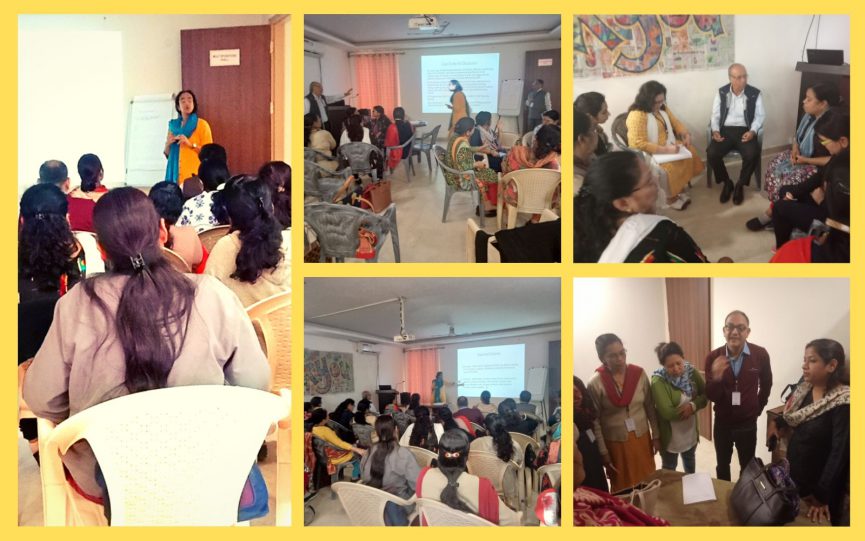According to the Ministry for statistics and programme implementation report of 2016, India has 103.9 million elderly above age 60 constituting about 8.5 per cent of the population. These numbers are reliant on the 2011 census. The elderly population has grown at about 3.5 per cent per year, double the rate for the population as a whole; a 2014 report by the non-profit HelpAge India shows that while India will be the youngest country in the world by 2020, by 2050, as many as 325 million people, or 20 per cent of the population, will be 'elderly'.
-India Today
More than 40% of CanSupport Home Care beneficiaries are above the age of 60 years, citing this, the knowledge and training department organized a workshop for CanSupport’s Home Care teams and staff to evaluate their existing practices and upgrade their skill in taking better care for elderly patients. Dr. Leena V. Gangolli, an expert in Geriatric Palliative Care was invited to conduct the two-day workshop for the teams and staff of CanSupport on 26 and 27 November, 2019 at CanSupport Head Office.
Dr. Leena V Gangolli, is an author and editor of the book “Review of Healthcare in India”, and other publications related to health and human rights in India. She currently serves as the Chair of the Ethics Committee at King Edward Memorial Hospital,Mumbai and is associated with Silver Innings, an NGO that works with patients and families affected by Dementia and Alzheimer’s. She is a member of the National Task Force for Palliative Care, appointed by the Ministry of Health and Family Welfare, Government of India and the Technical Advisory Committee for Geriatric Health Policy, Maharashtra State.
The workshop started with the introductory round followed by objective of the workshop. Dr. Leena shared and explained the model of P.I.E.C.E.S (Physical, Intellectual, Emotional, Capabilities, Environment and Social) –an holistic, person and care partner-directed model which enhances capacity at the individual, team, organization and system levels to support the care of the older individual living with complex chronic disease, including neurocognitive disorders and/or other mental health needs, and associated behavioural changes.
The model was explained through a case study about an elderly patient refusing to take food. Dr. Leena divided the group into small groups and asked each group to make a presentation about how they will go about in taking care of the elderly patients.
The presentation made by the groups formed the basis of the discussion and Dr. Leena explained how the teams can use P.I.E.C.E.S model in evaluating and adjusting their care to ensure better care for the elderly.

